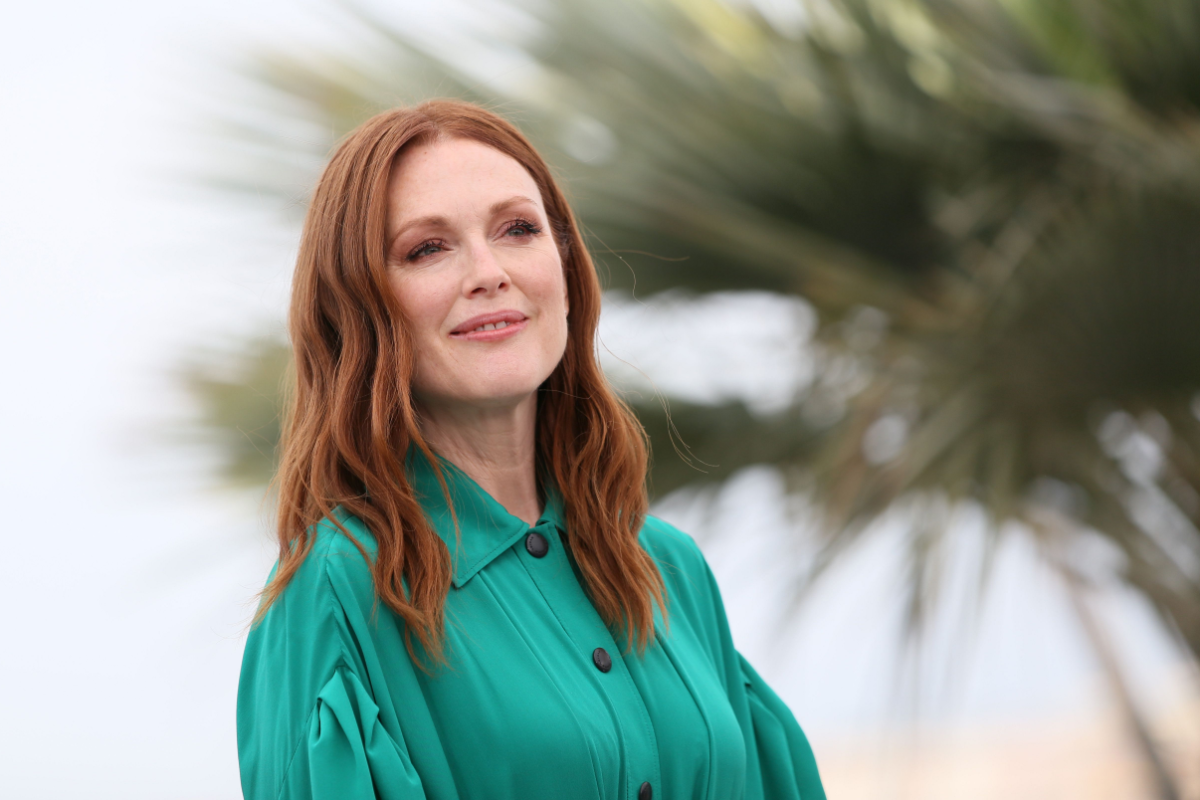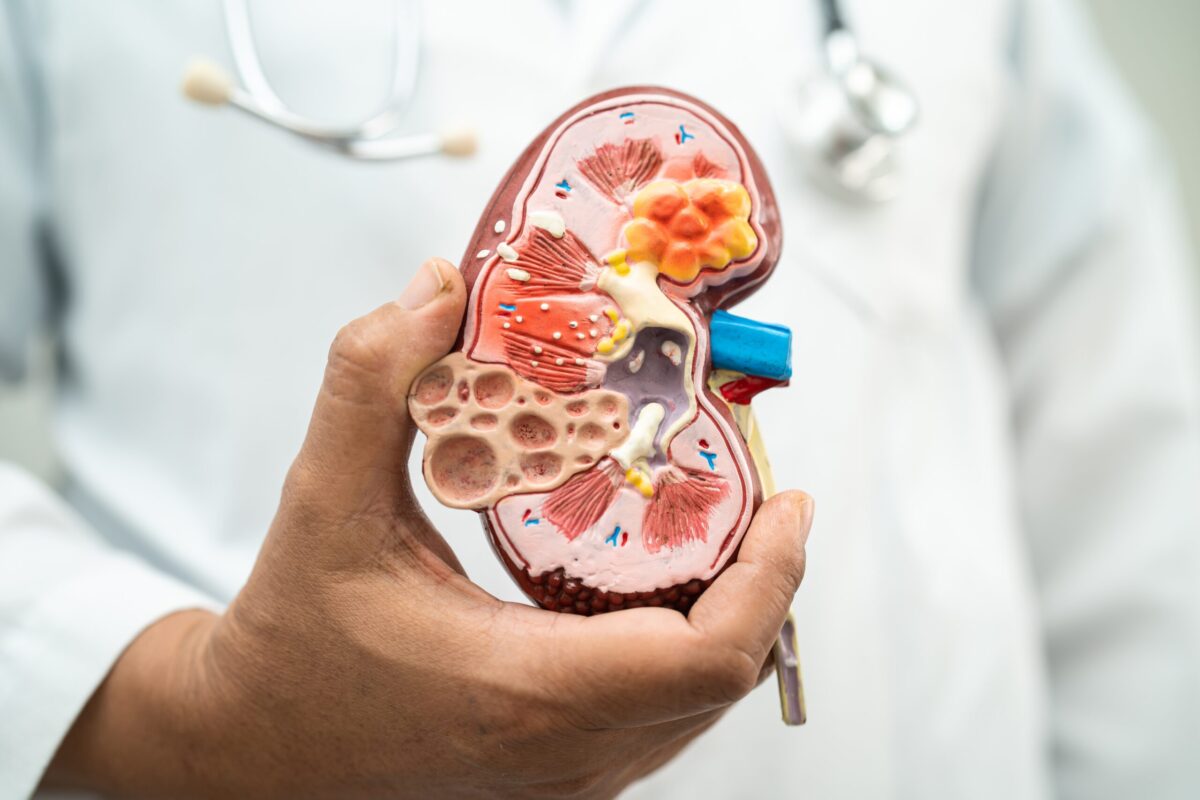US President Joe Biden rolled up his sleeve yesterday for the third time this year to receive a Pfizer vaccine booster shot. Although Biden was able to receive an additional vaccine dose, his plan to roll out boosters for all Americans this month was halted by recent decisions from the US Food and Drug Administration (FDA) and the US Centers for Disease Control and Prevention (CDC).
Last week, the FDA authorized third doses of Pfizer-BioNTech’s vaccine for those 65 and older as well as individuals with high occupational and institutional exposure to the COVID-19-causing coronavirus, such as healthcare providers (HCPs), teachers, along with residents of long-term care, homeless shelters and prisons. The CDC’s Advisory Committee on Immunization Practices (ACIP) voted against additional immunizations for the latter group.
However, the CDC went against ACIP’s advice and backed third doses for all frontline workers and those with high-risk institutional exposures. It also endorsed vaccine booster shots for individuals with underlying medical conditions, as well as a provision for younger adults 18 to 49 years of based on their individual benefits and risks.
“With the Delta variant’s dominance as the circulating strain and cases of COVID-19 increasing significantly across the United States, a booster shot will help strengthen protection against severe disease in those populations who are at high-risk for exposure to COVID-19 or the complications from severe disease,” the CDC said in a statement.
The Pfizer vaccine booster debate picked up steam this month as Pfizer-BioNTech awaited a decision on their FDA booster application. Scientific experts remain somewhat divided on additional doses, citing a need for more data on their use. Pfizer had argued that it had enough evidence showing that immunity begins to wane six months after the two-series vaccination and that a booster helps restores it.
This matter is even more complicated considering global vaccine equity continues to be a pressing issue as lower-income countries continue to trail behind in vaccinations. For example, India, which has been experiencing continuous surges of COVID-19 since the Delta variant first emerged in the country, only has 16.8 percent of its population vaccinated as of September 26, according to an Our World in Data COVID-19 vaccinations tracker. In Haiti and the Democratic Republic of Congo, vaccinations are less than 1 percent. The tracker shows that only 2.3 percent of people in low-income countries have received at least one dose.
This, compared to countries like Canada that has 71.4 percent of its population fully vaccinated and the United Arab Emirates which is at 81.6 percent. The US has about half of its people vaccinated (56 percent) and Israel sits at 62.1 percent.
Despite not being quite close to having vaccinated its entire population, Israel launched an aggressive vaccine booster program for all of its citizens in August. The country says booster shots should be standard. Some of the first data on boosters out of Israel was recently published in a paper in the New England Journal of Medicine, which shows that a third dose significantly lowers the likelihood of infection with the Delta variant. Individuals 60 and older who had received a third dose were found to be 11.3 times less likely to become infected.
Biden said that his wife also plans to get a Pfizer vaccine booster.
Biden also said last week that the US is going to purchase 500 million doses of Pfizer’s vaccine to donate to other nations. The US will dish out around $3.5 billion for the shots, which amounts to $7 per dose. This will bring the country’s total vaccine donations to around 1.1 billion doses over the next year. The US has been under pressure to share vaccine supplies with other countries.
“For every one shot we’ve administered to date in America, we have now committed to do three shots to the rest of the world,” Biden said
However, the donations won’t be enough as experts say a total of 5 to 6 billion doses are needed to vaccinate lower-income countries.
This is why the World Health Organization (WHO) has been discouraging the widespread implementation of boosters.
Meanwhile, Moderna is awaiting the results of its vaccine booster application that it submitted to the FDA this month. Johnson & Johnson hasn’t applied to the FDA for authorization of additional doses of its vaccine, but it released some early data this week showing that a booster dose increases immunity.












Join or login to leave a comment
JOIN LOGIN